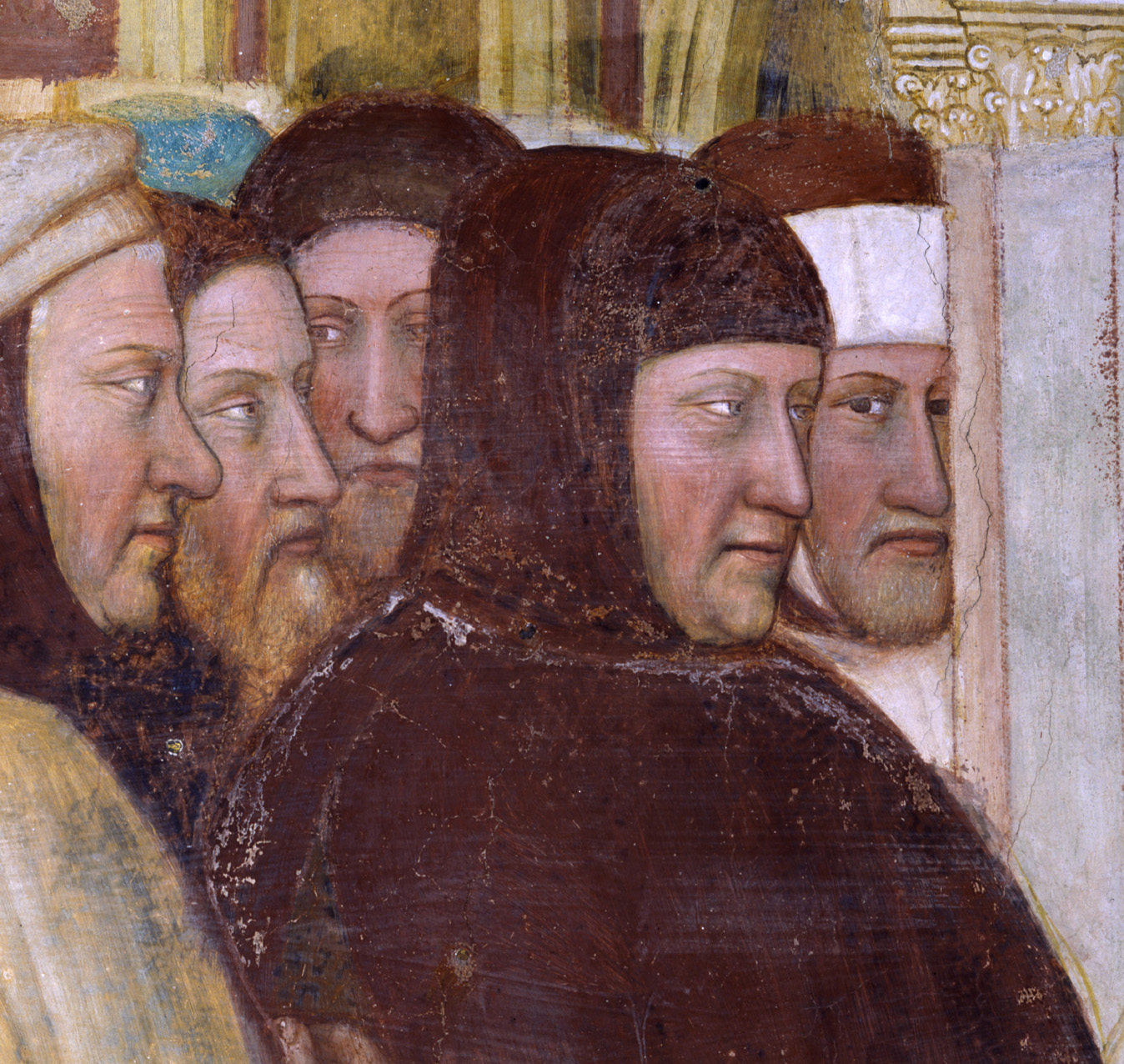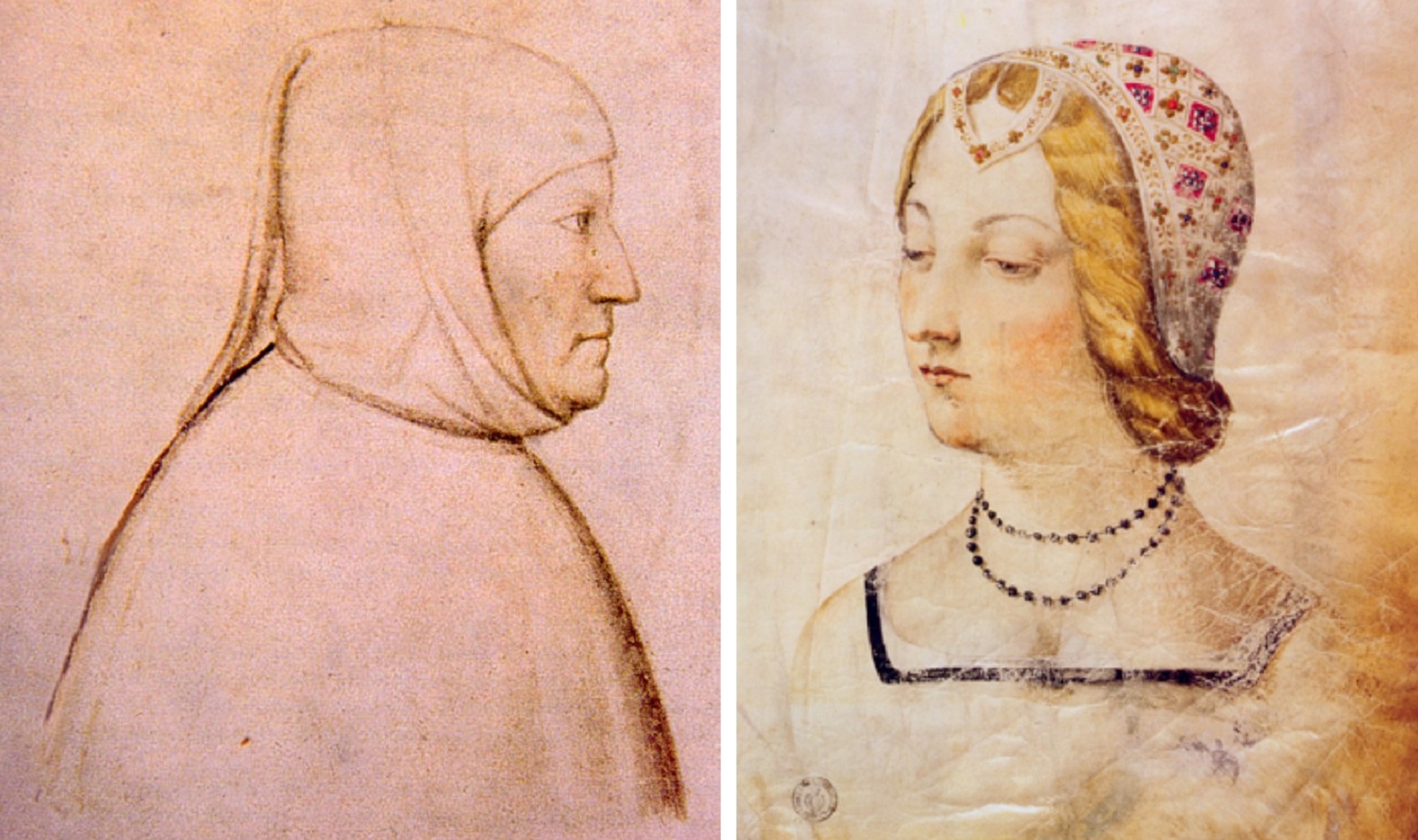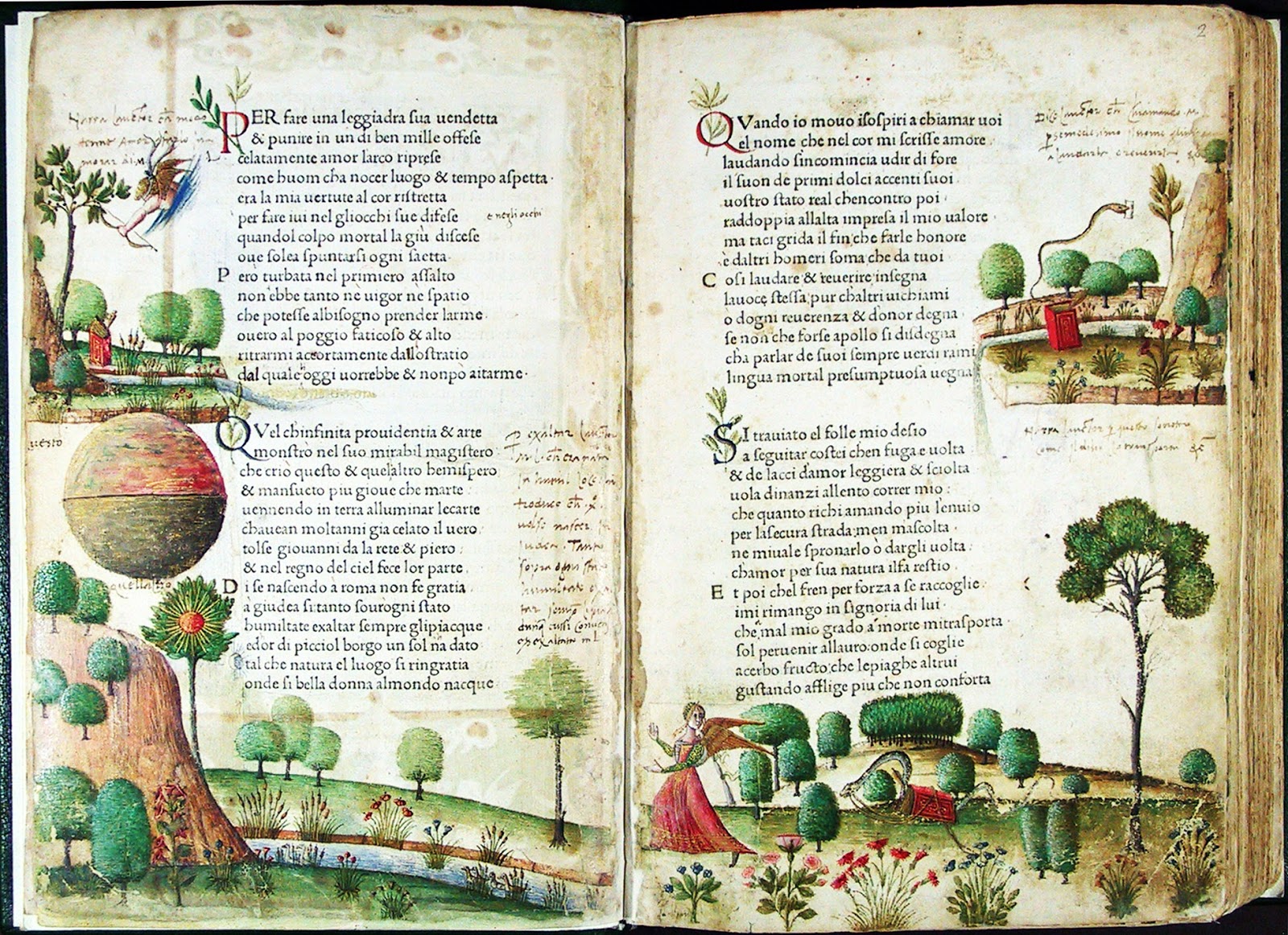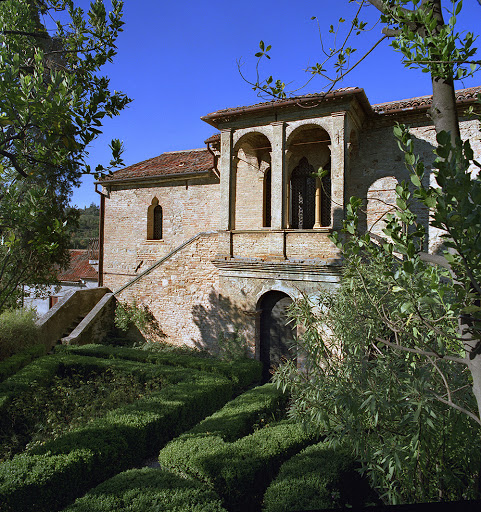Francesco Petrarca was born on July 20, 1304 in Arezzo: here his family had taken refuge after being exiled from Florence as white guelfi as Dante, friend of his father Ser Petracco, who was banished at the same time.
Do you know his story?
8 curiosities about Petrarca who spent much of his life searching, transcribing, editing, and making usable the surviving works of classical Roman literature: he is remembered above all for his immense work, although at the same time he was also one of the first Italians to support the vernacular poetry, which most of his contemporaries disdained. One of the fathers of Italian literature, writer, poet and philosopher, we discover together some curiosities about Francesco Petrarca that concern him.
- A constantly reminga existence
"Whenyou compare my wanderings with those of Ulysses, apart from the fame of his enterprise and his name, he did not wander any longer or farther than I did."
So Petrarca writes in his diaries, and you can't blame him.
He traveled from an early age because of his father's exile. first he moved to different locations in Tuscany then to France, then to study in Bologna, and on behalf of the Colonna family visited all the largest Italian cities.
- He did not follow in his father's footsteps

In Italian anthologies, we are introduced to Francesco Petrarca as a strict and ligio man at the studio, but as a teenager he clashed several times with his father. Ser Petracco was a notary and forced his son to study law, which the boy detested: it is said that several times the young Francis saved from the fire his editions of Virgil and Cicero, which his father had discovered.
Only when the latter died could Francis pursue his true vocation.
- In love with the classics
What made him different from his contemporaries was his attitude to the classics and the reasons he listed to dive completely. For Petrarca, Latin was not simply a discipline that needed to be taught, but the direct means of fully understanding the thought inherent in the classics, and then finding new ways of thinking and asking new questions about oneself but also the world in general.
- In love with Laura?

On April 6, 1327, Petrarca saw a woman, Laura,in a church in Avignon. He fell in love instantly, and this event led him to write about and for her many verses. It seems Laura was married and it seems unlikely that she ever had a physical relationship with Petrarca.
Finally, many believe that Laura is entirely the brainchild of the poet, a creative gimmick "The Aura", a muse created ad hoc representative of Francis' love of poetry and writing.
- The Songwriter

The story of the Songwriter is very complicated and full of curiosity. Reconstructing the critical edition of the Francisci Petrarchae graduate poet Rerum vulgarium fragmenta is not a job by everyone. The great work is thus divided: 366 compositions (365, as the days of the year, plus an introductory: "You who listen") of which 317 sonnets, 29 songs, 9 sestines, 7 ballads and 4 madrigals.
His work is modern and the love described is not Dante's heavenly one. It leads to"tearing from everyone's eyes at all times"; for this reason many can recognize themselves in his writings.
And that's where we find a sense of restlessness and alienation, diseases of the modern age, expressed in a really convincing way.
- The relationship with Boccaccio
Petrarca met the youngest Boccaccio in Florence in 1350:from that moment a mutual esteem will begin marked by uninterrupted correspondence and a continuous exchange of texts. Famous in this sense is the Familiar XXI,in which the poet Aretino responds to a missive by Boccaccio about his somewhat conflicting relations with the Dante figure.
All this material is a magnificent testimony to the fruitful intellectual confrontation between the two Tuscan literati.
- The debt of the Anglo-Saxon countries
Petrarca's poetry became influential,about 200 years after his death, also in England:not for nothing Wyatt and Surrey, thanks to their translation of his sonnets, are considered "Fathers of the English Sonnet".
We can say that without Petrarca the history of Elizabethan and Jacobean literature would have been very different.
- The Mystery of the Remains
 In 2004, the results of the analysis of the remains preserved in the poet's tomb in Arquà Petrarca were released. The skull,once reconstructed, revealed a mystery: it was of a woman and dating back to about 1207.
In 2004, the results of the analysis of the remains preserved in the poet's tomb in Arquà Petrarca were released. The skull,once reconstructed, revealed a mystery: it was of a woman and dating back to about 1207.
Whose was it, and why was it in the Petrar's tomb? At this time there is no answer to these questions and curiosities. The rest of the skeleton was recognized as authentic,in fact there were some fractured ribs: we know for sure that the poet suffered injuries from a horse that kicked him to the rib.
Petrarca spoke of a deep awareness of the past, as a nourishment of the present, and was a supporter of the fact that if there is a Providence that guides the world, then he has placed man at its center.
It also provided a theoretical basis for the enrichment of human life and for the humanistic attitudes of the 15th century Italian that led to the Renaissance.
Image Source: fare letteratura,wikipedia, oubliette magazine, tony face,la torlonga










 Map
Map